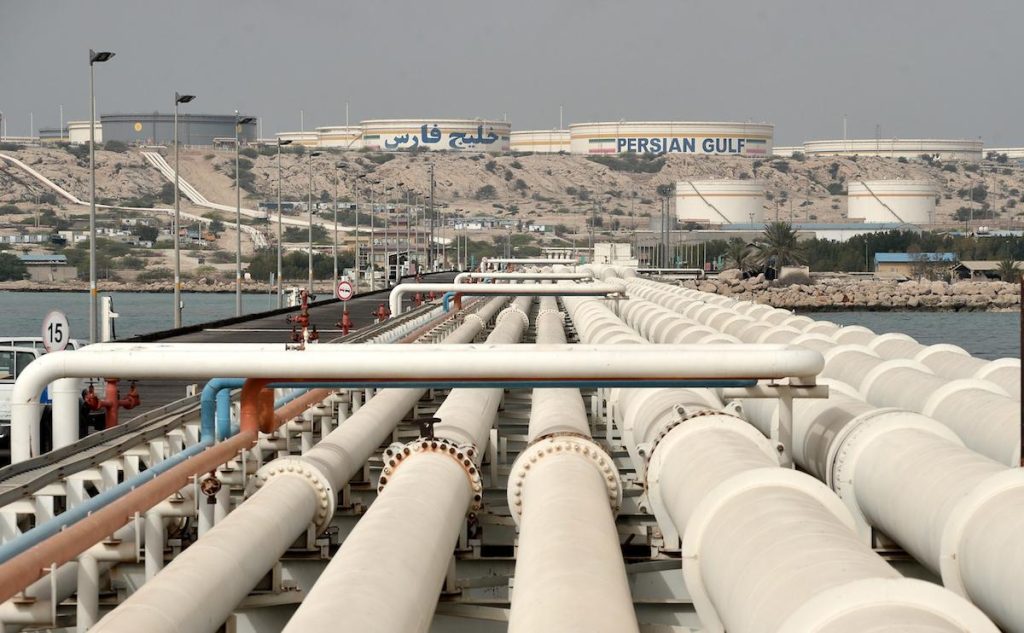South Sudan and Sudan have made significant steps toward restarting the flow of South Sudan’s crude oil through a key pipeline to a Sudanese port, South Sudan’s Finance Minister and the office of President Salva Kiir announced on Monday.
The resumption of oil exports is crucial for both countries, as Sudan receives a transit fee for oil passing through its territory. The main pipeline, which carries oil from South Sudan to export markets via Sudan, was shut down in February due to damage caused by the ongoing conflict between Sudan’s army and the paramilitary Rapid Support Forces.
Experts have warned that the damage is causing severe environmental contamination and that the stoppage has worsened the food crisis in Sudan, where millions are facing extreme hunger.

“Sudanese engineers have accomplished the necessary technical preparations for the resumption of oil production,” said a statement from President Kiir’s office following a meeting in Juba with Sudan’s Army Chief, General Abdel Fattah Al-Burhan.
Engineers from South Sudan are expected to visit Sudan in the coming weeks to assess the facilities’ readiness to restart production, the statement added.
“There has been a break-through, and (news of) it will come to public very soon,” South Sudan’s Finance Minister, Marial Dongrin Ater, said during a news conference.
Burhan’s office confirmed that the two nations would work together to develop an operational plan to resume oil flows.
South Sudan’s economy has been under strain in recent years due to communal violence and a significant drop in crude oil revenues following its 2013-2018 civil war. The recent disruptions caused by the war in Sudan have further impacted oil exports.
Before the shutdown, South Sudan was exporting around 150,000 barrels of oil per day through Sudan, under an agreement established after South Sudan gained independence from Khartoum in 2011. At its peak, before the civil war, South Sudan’s production reached 350,000 to 400,000 barrels per day.


